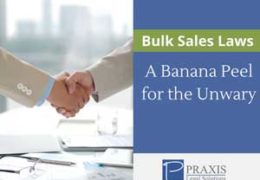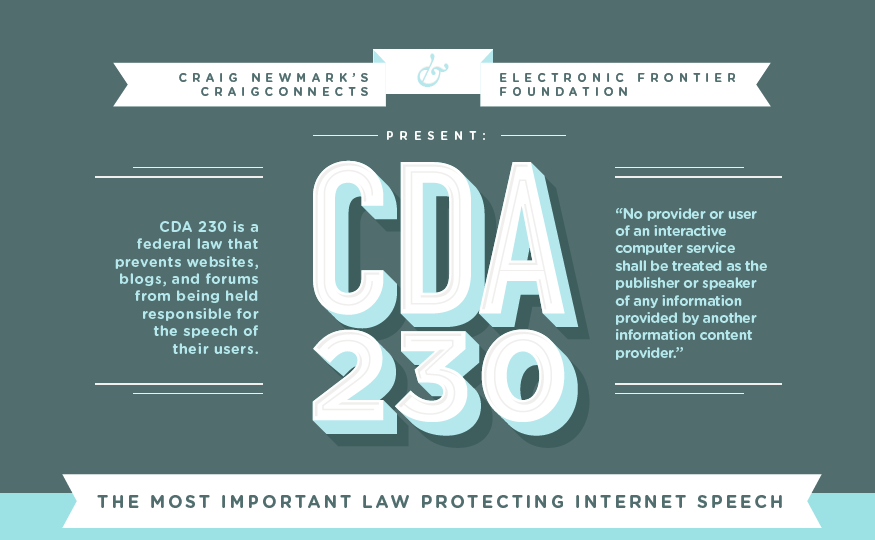- What is the purpose of a buy/sell agreement? The name notwithstanding, a buy/sell agreement has little to do with the purchase or sale of the assets of a business. For that, we use an asset purchase agreement. A buy/sell is a contract among the owners of a business that sets the terms and conditions under which they may sell their ownership in the business, as opposed to the business itself. These agreements provide a mechanism for monetizing ownership interests.
- When should business owners create a buy/sell agreement? Business owners should create and sign a buy/sell agreement at the time that they organize an entity. Every day that value is added to a business without a transition plan increases the owners’ exposure to financial risk from a disruption of the business.
- Is a buy/sell useful for every type of business? Any type of business entity with more than one owner, whether corporation, LLC, partnership or proprietorship can benefit by creating a buy/sell.
- What is the cost/benefit of a buy/sell agreement? For a profitable business, the cost of a buy/sell will generally be outweighed by the benefit of avoiding disruption to the business. An agreement for an orderly transition can preclude infighting among owners or family members, safeguard the customer base and goodwill of a business and avoid the liquidity issues that may arise as a result of significant disruption to the operations of a business.
- What events can trigger the provisions of a buy/sell agreement? Death, disability, retirement, divorce, insolvency or bankruptcy of an owner or the loss of a professional license can trigger a buy/sell. The agreement will specify all of the triggering events as agreed by the owners.
- How can owners fund the purchase of an interest under a buy/sell agreement? Where a buy/sell is triggered by death or disability, insurance is a commonly used source of funding. The agreement should designate other funding mechanisms where insurance is not available. For example, the owners can agree to establish a reserve to enable the entity to purchase the interest of a retiring owner. The agreement can also provide for the payment of the purchase price of an interest over time or permit the sale of an interest to a person or entity that is not a current owner.
- How is the purchase price of an interest determined? The buy/sell should allow the buyer and the seller to negotiate a mutually acceptable purchase price, and also specify a valuation method in the event that they cannot come to an agreement. Typically, a buy/sell will provide for the engagement of one or more neutral appraisers who will establish a value of the business as a whole, which value will be apportioned in accordance with the ownership interest of the owners. Because the business will most likely be a non-publicly traded entity, the valuation will incorporate a liquidity discount. Where the seller is a minority owner, a control discount will be applied. Where the seller is the majority owner, a control premium will be applied.
- When should a buy/sell agreement be updated? The owners of a business should periodically review their buy/sell agreement to ensure that it is adequate to address changes in circumstances. An increase or decline in the value of a business; changes in the health or marital status of owners; or changes to relevant tax laws can all affect the utility of a buy/sell. Amending a buy/sell to reflect current conditions is key to ensuring that it will operate as intended.








 Yes, Virginia; You Really Should Have an Operating Agreement.
Yes, Virginia; You Really Should Have an Operating Agreement. Crowdfunding: The Basics
Crowdfunding: The Basics The New Normal
The New Normal Dissolving a New Jersey Partnership
Dissolving a New Jersey Partnership
Leave a Reply